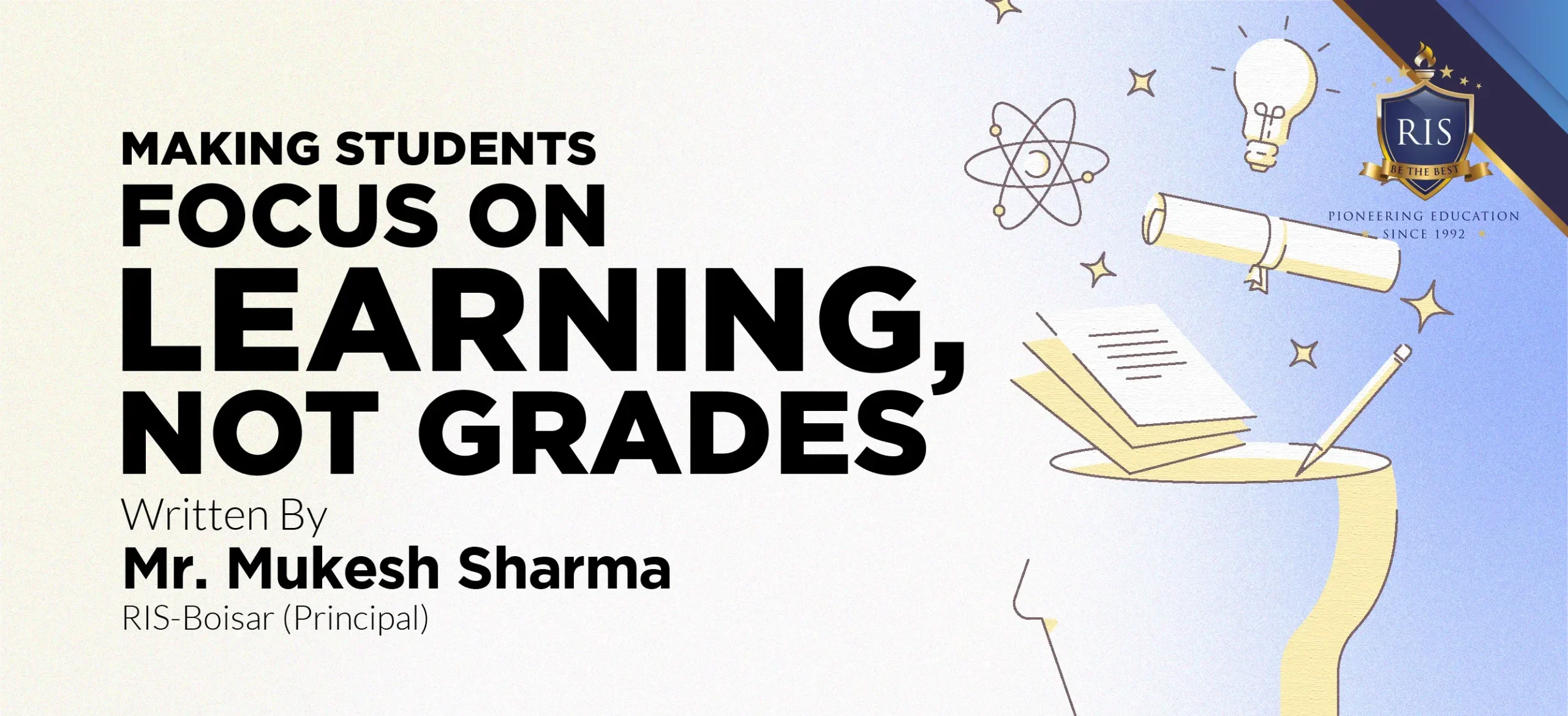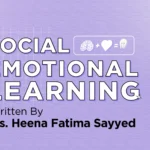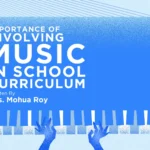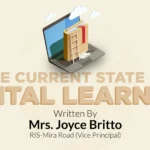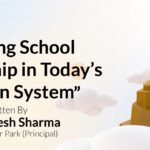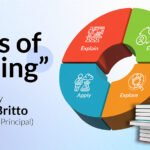I used to hear this often from students: “I didn’t do very well on the test. Is there any extra credit I can do to raise my grade?” Or: “I’m so close to a B in the class, how can I earn some more points?” Less often did students inquire about improving upon a particular component of the unit’s content.
NEP-2020, which will replace the National Policy on Education-1986, is an inclusive framework focusing on the elementary level of education to higher education in the country. The Policy reaffirms that bridging social gaps in access, participation, and learning outcomes in school education will continue to be one of the major goals of all education sector development programs. Many governments and non-government surveys done in the last several years had hinted at the precarious state of the ‘learning crisis’ in India. However, the true picture emerged after a National Achievement Survey (NAS) was undertaken by the National Council of Educational Research and Training (NCERT), which was ably supported by the Union ministry of education.
The survey was aimed at understanding how effectively the school system is working in the country based on student learning. It was conducted across the country on November 13, 2017, for Classes III, V, and VIII in government and government-aided schools. It was by far the largest assessment survey conducted in the country and is also one of the largest conducted in the world. The findings stated that students across 12 states scored significantly below the national average in mathematics ability. NAS identifies learning as a big challenge facing Indian education. The next few years are critical as India could lose 10 crores or more students because of learning losses and lead to illiteracy unless proper action is not taken soon.
NEP 2020 recognizes now the need to evaluate “higher-order skills, such as analysis, critical thinking and conceptual clarity,” hence shifting the focus of assessments from marks based to competency-based. The marking system should now be different, there will be a dire need to change the questions so that they have related answers, which will be based on the child’s aptitude he answers and not based on the answers so the scores could be calculated.
The past decades of education have trained students and teachers to focus on grades rather than learning. Unfortunately, grades are generally an account of points earned through various activities that are influenced by artificial deadlines, grade inflation, extra credit, and subjectivity. It’s time for us to change the student mindset currently focused on reaching a particular percentage and instead empower them to take charge of their learning and measure their own success.
Proficiency-based education focuses on specific learning targets and the demonstration of a student’s proficiency with the content. It allows students multiple opportunities to prove their understanding and incorporates flexibility for individual learners rather than pushing all students through the content at the same pace regardless of their comprehension of the material. It creates a partnership between the teacher and student with regard to a student’s progress, and it increases a student’s ownership of her own learning. At that point, grades actually do indicate what a student has learned and is able to do.
With a proficiency-based learning system, teachers can more accurately pinpoint which concepts an individual student is struggling with. It gives order and structure to the content, like a path on a map. Students can clearly see what is expected of them, they can monitor their progress through a unit, and they can self-evaluate their comprehension as they prepare for assessments. If implemented well, a student will no longer ask for extra credit, but rather for an opportunity to demonstrate that he/she understands the content. He/she will know exactly what to do in order to reach his/her academic goals.
For the teacher, you can finally speak with your students about their learning rather than their grades!

